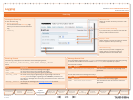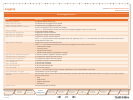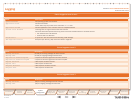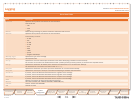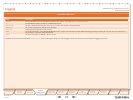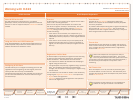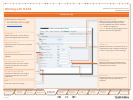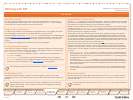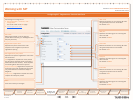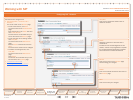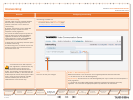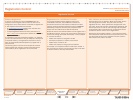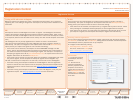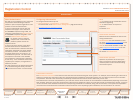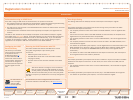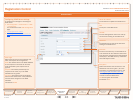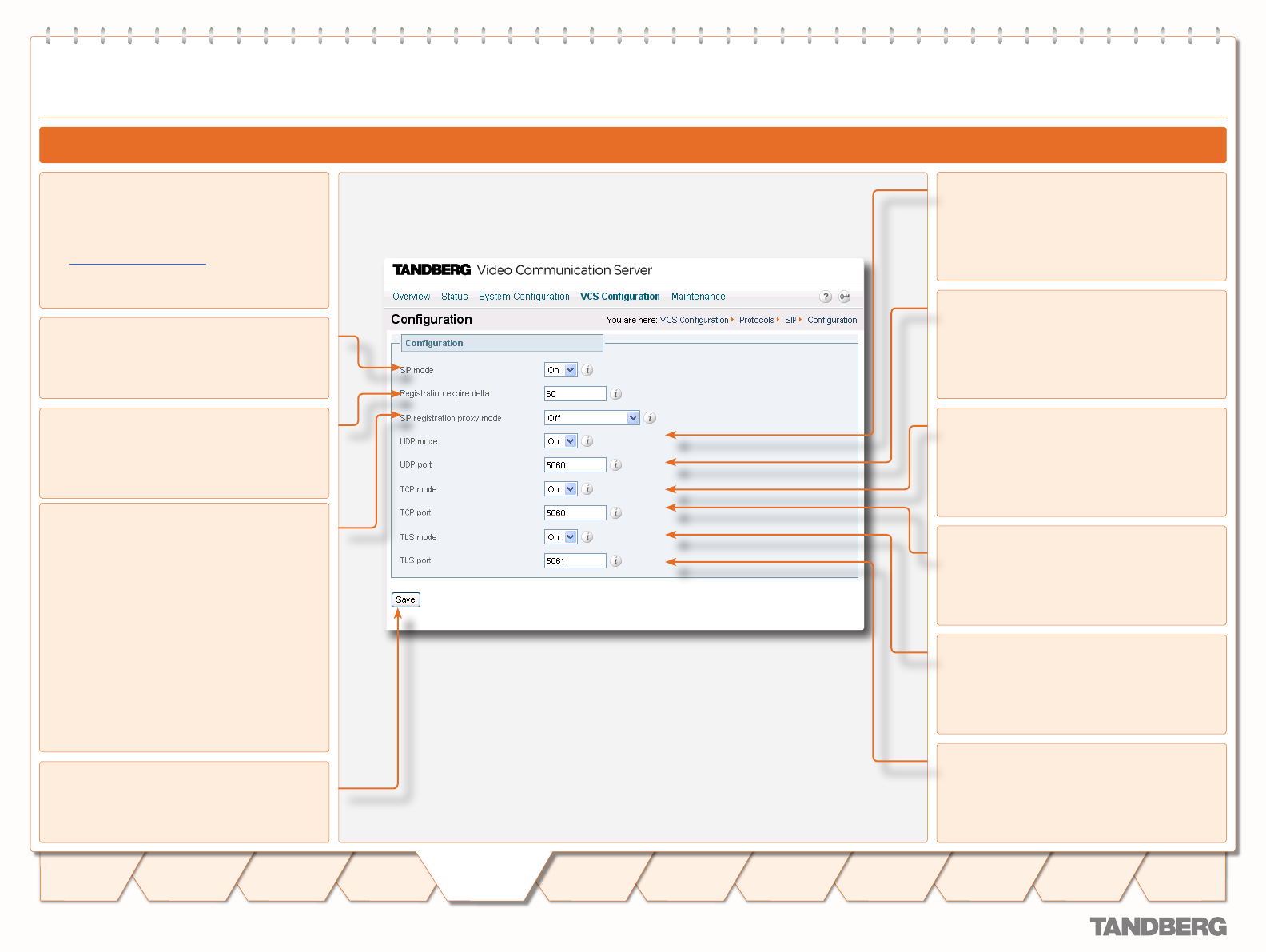
D 14049.01
07.2007
36
TANDBERG VIDEO COMMUNICATION SERVER
ADMINISTRATOR GUIDE
Text goes here
Introduction
Getting
Started
System
Overview
System
Configuration
H.323 & SIP
Configuration
Registration
Control
Zones and
Neighbors
Call
Processing
Firewall
Traversal
Bandwidth
Control
Maintenance
Appendices
TANDBERG VIDEO COMMUNICATION SERVER
ADMINISTRATOR GUIDE
H.323 & SIP
Configuration
SIP mode
Determines whether or not the VCS will
provide SIP functionality (i.e. SIP Registrar and
SIP proxy services).
Registration expire delta
Specifies the period within which a SIP
endpoint must re-register to prevent its
registration expiring.
SIP registration proxy mode
Specifies how proxied registrations and invites
will be handled.
Off: Registration requests will not be proxied
(but will still be permitted locally if the VCS is
authoritative for that domain). Invite requests
with existing Route Sets will be rejected.
Proxy to known only: Registration requests will
be proxied, and invite requests will be proxied
only if the Route Set contains the URI(s) of
Neighbors
Proxy to any: Registration requests and invite
requests will always be proxied.
UDP mode
Determines whether or not incoming SIP calls
using the UDP protocol will be allowed.
The default is On.
UDP port
Specifies the listening port for incoming SIP
calls over UDP.
The default is 5060.
TCP mode
Determines whether or not incoming SIP calls
using the TCP protocol will be allowed.
The default is On.
TCP port
Specifies the listening port for incoming SIP
calls over TCP.
The default is 5060.
TLS mode
Determines whether or not incoming SIP calls
using the TLS protocol will be allowed.
The default is On.
TLS port
Specifies the listening port for incoming SIP
calls over TLS.
The default is 5061.
SIP settings are configured via:
VCS Configuration > Protocols > SIP >
Configuration.
You will be taken to the SIP page.
xConfiguration SIP
•
•
Working with SIP
Configuring SIP - Registrations, Protocols and Ports
Save
Click here to save your changes.



